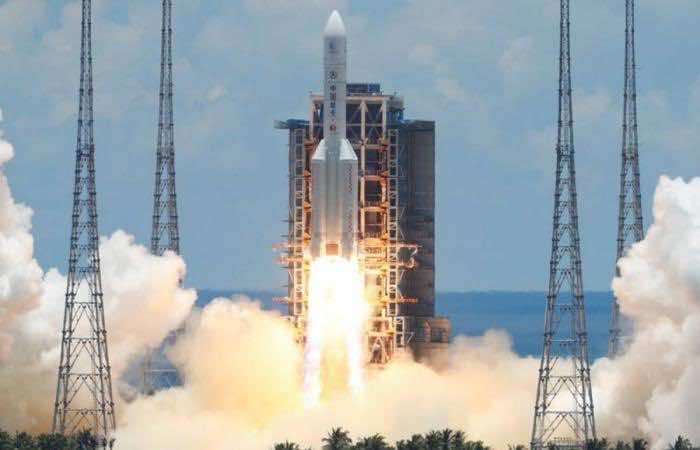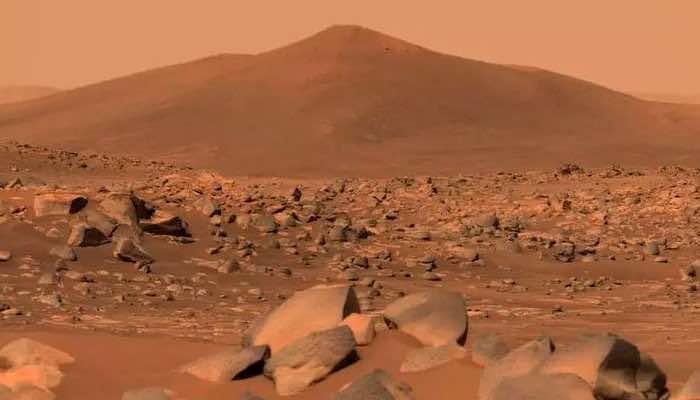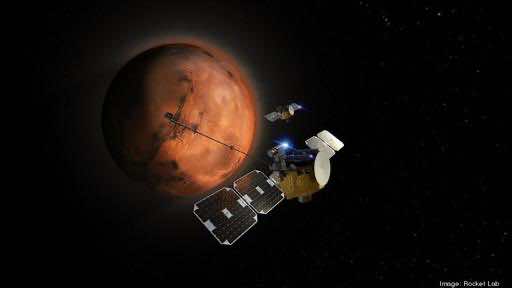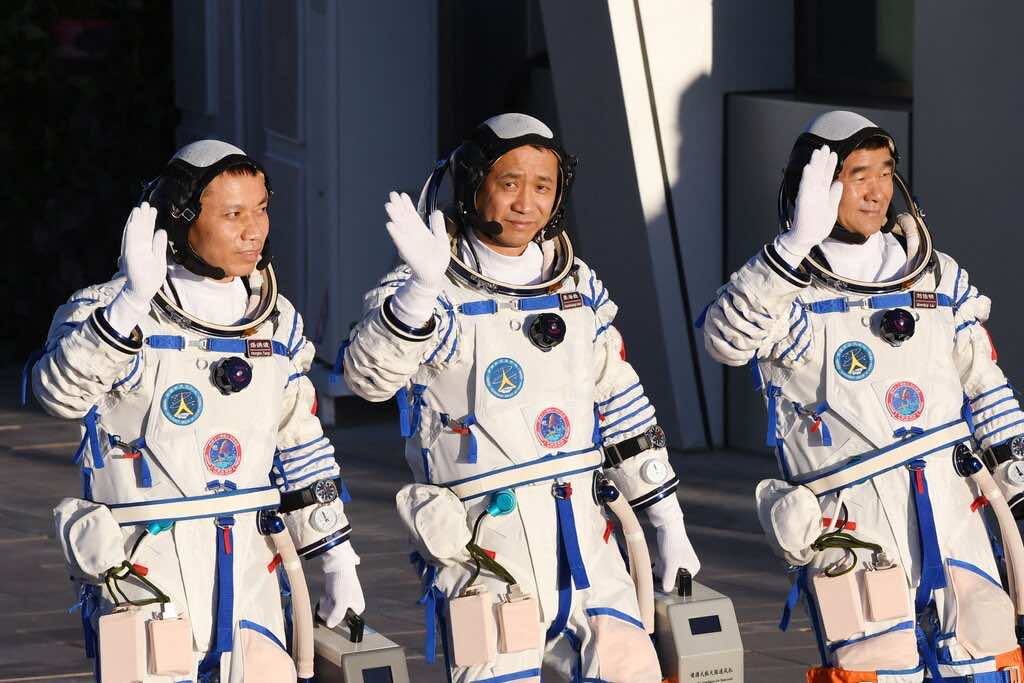China aims to send its first crewed mission to Mars in 2033, with regular follow-up flights to follow, under a long-term plan to build a permanently inhabited base on the Red Planet and extract its resources.
This ambitious plan will deepen a rivalry with the United States to plant humans on Mars. It was disclosed in detail for the first time after China landed a robotic rover on Mars in mid-May in its inaugural mission to the planet.

The launches to Mars are scheduled for 2033, 2035, 2037, 2041, and beyond, the head of China’s main rocket maker, Wang Xiaojun, stated at a space exploration conference in Russia recently by video link.
Ultimately, Wang said, China envisions building a permanent presence on Mars and large-scale development of its resources, with a fleet of vessels running between it and Earth.
Robotic missions to inspect possible base locations, sample the surface and build resource-extracting equipment will lead to crewed missions.

Before the crewed missions, China intends to send robotic missions to Mars to study possible sites for the base and build systems to extract resources there, the official China Space News reported on Wednesday, citing Wang, head of the China Academy of Launch Vehicle Technology.
The announcement will intensify the space race between Washington and Beijing, coming on the heels of a spate of successful Chinese space missions, including one that saw China become the only non-U.S. country to successfully deploy a Martian rover in May and launch three astronauts to its new space station, Tiangong.

China seems to be the first country other than the US to deploy a Martian rover and send its three astronauts to space for the longest crewed mission to date to the Taingong space station. These magnificent endeavors seem to accelerate the sprint between the US and China.

However, the National Aeronautics and Space Administration (NASA) is developing a technology that would send humans to Mars in the 2030s.
China is moving towards a new direction in human space missions, and the next few years would be critical for the country as it longs to become a dominating force in space. As this race seems to intensify, the Chinese also plan to carry out their Martian missions successfully.

In addition to this, they also aim to build their own space station in collaboration with Russia. However, the contact between the Chinese space program and NASA is restricted by U.S. law; therefore, the country plans to have its own satellite system, GPS, and military space dominance.
However, with power comes challenges. China has been criticized for its “over-ambitious” behavior concerning space dominance by the international community. For instance, they don’t care about the debris it leaves behind and how dangerous it could be for humanity.
This wave of criticism drew mainly when China’s rocket booster collapsed back to Earth shortly after orbiting in space in May. Now, the country has to be much more vigilant about the consequences of its actions.


